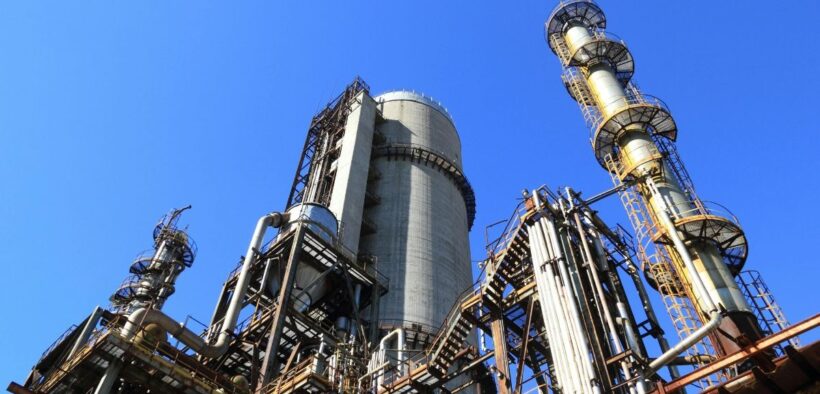Black Communities in Alabama Fight Against Chemical Industry Expansion
Share

Africatown and McIntosh, two predominantly Black communities in Alabama’s 60-mile “chemical corridor,” are grappling with the adverse effects of the state’s burgeoning chemical industry.
Residents claim that the industrial growth in the Mobile area is endangering their health.
In 2021, Finnish chemical giant Kemira, now Sterling Specialty Chemicals, completed a significant expansion of its operations just 1,500 feet from homes in Africatown, a historic community in Mobile, as reported by Reckon.
“Throughout Africatown’s entire history, residents have tried to stop pollution,” Joe Womack, an Africatown native and president of the local environmental group C.H.E.S.S., told Reckon.
“We now have a united voice. We have protested, used the courts, and held public meetings to hold these companies accountable. It hasn’t always worked, but we’re still here.”
Womack expressed frustration over years of compromises with little benefit for residents. “First, they ask for your arm, so you give them a thumb. That’s a good compromise.
Then years go by, and they ask again, so you give them your hand. And maybe they’ll help build a few things like a museum or a welcome center. But let me tell you this: They are still looking at your arm.”
A similar struggle is unfolding in McIntosh, Alabama, where the black communities of 250 is surrounded by eight chemical plants. According to Al-Jazeera, deceptive practices by a homebuilder led to residents losing their land, which was then sold to corporations, facilitating a chemical industry takeover.
In 2017, Olin’s chemical manufacturing plant released chlorine into the air for 12 hours without warning McIntosh residents, causing symptoms such as burning lungs and dying birds.
The Alabama Department of Energy fined Olin $80,000 for the unauthorized release and failure to report it. However, Olin has repeated this action four times, most recently in January 2022.
Michael Hansen, former executive director of GASP, a non-profit advocating for reduced air pollution and environmental justice, explained the dire health impacts on communities like Africatown and McIntosh.
“Cancer, asthma, chronic breathing difficulties, heart disease, stroke, difficulty sleeping, nausea, and learning impairments in children are common,” Hansen told Al-Jazeera. “This creates a cumulative impact, turning areas into ‘sacrifice zones’ where residents are sacrificed for the sake of industry.”
Residents of McIntosh, like those in Africatown, are fighting back. Community advocate Andy Lang, along with other members, filed lawsuits against Olin in 2018, which are scheduled for a 2024 hearing.
“We’re angry and worried because while the lawsuits are held up in court by big companies, people are dying and still in danger,” Lang told Al-Jazeera. “For these kids, if I don’t do something, our history’s going to be gone, but the people are coming together.
We’ve never been this far, but we’re beginning to have a little faith, to see the light at the end of the tunnel.”





















You have observed very interesting points! ps decent internet site.Raise your business